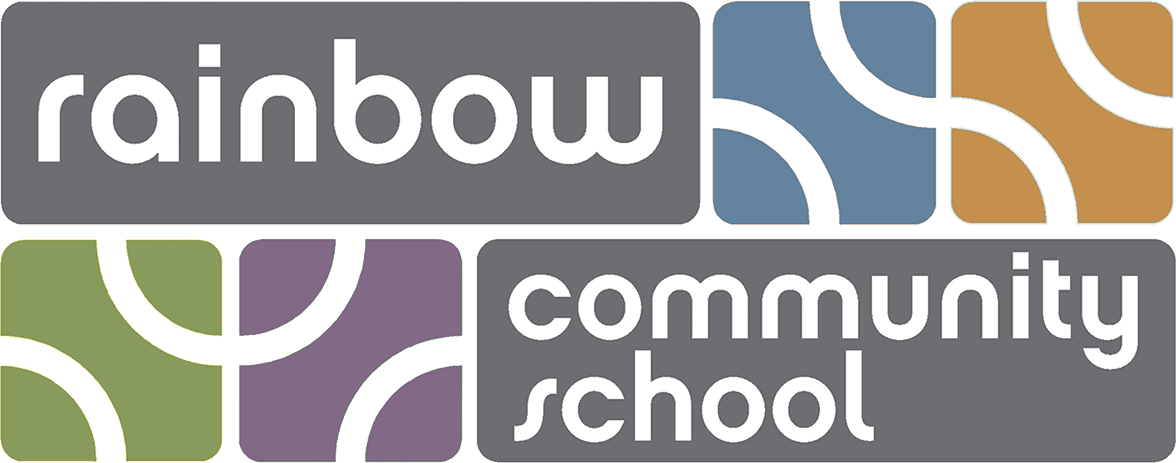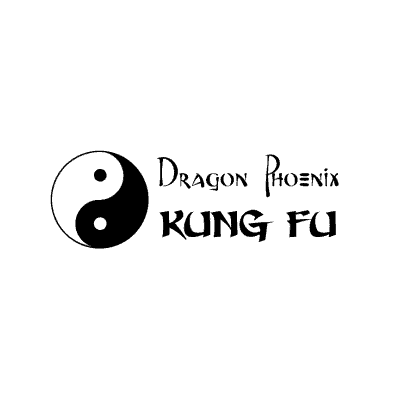Character Strengths & Being a Changemaker
Recently, Omega 7/8 students gathered in a circle in the Social Studies room to talk about their character strengths, how all that ties in with learning, and being a changemaker. In a previous class, they watched a short video about the Science of Character. In this class, they looked at their own character strengths as a way to look at themselves as they are now, and who they want to become. They completed a “periodic table of character strengths.”
As students gathered in circle, their teacher, Jason, asked them for a willingness to be a little vulnerable as they embarked upon a conversation that would certainly involve sharing personal information about one’s character – not a task that’s so easy to do. Our Omega 7/8 students, however, were up for the challenge.

Omega 7/8 students ponder questions about character strengths and about being changemakers.
Jason posed quite a few questions that made students really look at how or why they do the things they do. “Why explore character strengths?” was one question he asked, to which students answered, “Many current changemakers have these strengths and that can help others become changemakers themselves and live out their truth.”
Character Strengths at School and in US Culture
Another question: What character strengths do you think are valued at our school? They answered with a number of terms:
- creativity
- teamwork
- kindness (especially in wanting everyone to feel welcome)
- leadership
- spirituality (through centering and other activities)
- perseverance
- honesty
- love of learning
Jason followed up with, Are these the same character strengths that are valued in our culture? For a few quiet moments, students pondered their responses. Several offered their insights: “these are supposed to be values in our culture, but it doesn’t always happen that way. We’re supposed to be kind but you don’t always see that, and through some of the language and actions were seeing, kindness is not always there.”

A few student examples of the “Periodic Table of Character Strengths”
J: Does that make it hard to value certain character strengths?
S: If you believe in these values, sometimes it’s not always easy to stand by them.
J: Which strengths are important to have or develop in a digital world?
S: Creativity, social responsibility, and gratitude. With social responsibility comes the idea that one must think critically in response to what’s online. It’s also important not to take for granted everything that comes to us as “easy.”
Fixed vs. Growth Mindset
Jason invited the Omegans to reflect on the idea of a fixed mindset versus a growth mindset the video covered as a topic. A fixed mindset is the belief that you cannot change who you are. A growth mindset is the belief that you can. This was a segue into the next probing question:
J: Is there an area where you have a fixed mindset about something?
S: Yes. When you don’t feel like you’re good at math or reading, that you can’t draw, or that you always procrastinate to get things done.
J: Is there any character strength that might help you shift out of a fixed mindset?
S: Yes: perseverance in which you keep trying to do something. There’s acceptance, where you accept that perhaps a subject isn’t your favorite but you can keep working at it. It’s an opportunity to be gentle with yourself and accept that this is where you are. Still, there’s curiosity. If you have a certain belief about something, such as “I’m not good at math,” you can adopt an attitude of curiosity.
J: When you’ve failed at something, how did you feel?
S: Anger, directed at the self, or it’s possible to even feel like a failure. Feelings of discouragement, being scared, or being fearful can happen, too. Being mad at yourself, however, won’t get you anywhere.
Learning from Failure
At this, everyone paused. Jason offered words of wisdom, as well as encouragement: These emotions can and do arise. It’s even possible to let fear get in the way of you trying again. This can be a great opportunity for self-reflection in which you ask, “what could I have done differently? What can I learn from this?”
J: Is it okay to fail?
S: Yes. We can learn from it. But it can also be hard.
J: What is it that you want to achieve?
S: That is a hard question: it makes you think about the future. Perhaps write a book. Be the smartest person that ever lived. Maybe doing a job that you “like to do” instead of something that is forced. You can make goals for yourself.

A small poster hangs in the Social Studies room – a relevant question when determining character strengths.
Again, Jason offered his wisdom as their teacher. It’s up to you to find your truth. You also need to determine what lights you up. The way to grow your strengths is to be around others who have strengths that you would like to develop.
As students concluded this portion of their lesson, they pensively began other projects. They demonstrated such wisdom and a complex understanding of life and its lessons. This is something we’ve come to expect of our Omegans: they embrace the journey and take charge of their learning in all Seven Domains. It is in that spirit they use their internal wisdom to guide their decisions as they navigate academics, the adolescent years, friendships, and so much more.








